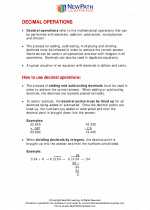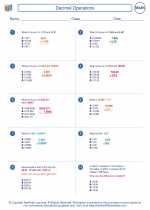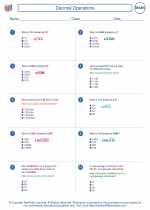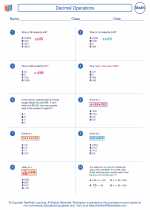Reflexive Property
The reflexive property is a fundamental concept in mathematics, particularly in the field of algebra. It is one of the three properties of equality, the others being the symmetric property and the transitive property. The reflexive property states that for any real number or expression, that number or expression is always equal to itself.
Mathematically, the reflexive property can be expressed as:
a = a
Where 'a' represents any real number or mathematical expression. This property is applicable in various algebraic equations and inequalities.
Examples:
Example 1: For any real number 'x', the reflexive property can be illustrated as:
x = x
Example 2: In an algebraic expression, such as:
2x + 5 = 2x + 5
Here, the reflexive property demonstrates that the expression on both sides of the equation is equal to itself.
Study Guide:
When studying the reflexive property, it's important to understand its application in algebraic equations and inequalities. Here are some key points to focus on:
- Memorize the reflexive property equation: a = a
- Practice applying the reflexive property in solving algebraic equations and inequalities.
- Understand that the reflexive property is a foundational concept in establishing equality between mathematical expressions.
- Recognize the reflexive property in various mathematical problems and real-life scenarios.
By mastering the reflexive property, you'll have a solid understanding of equality in mathematical expressions and be well-prepared for more advanced algebraic concepts.
Remember to always apply the reflexive property when solving equations or inequalities, and recognize its significance in establishing mathematical equality.
.◂Math Worksheets and Study Guides Seventh Grade. Decimal Operations

 Worksheet/Answer key
Worksheet/Answer key
 Worksheet/Answer key
Worksheet/Answer key
 Worksheet/Answer key
Worksheet/Answer key
